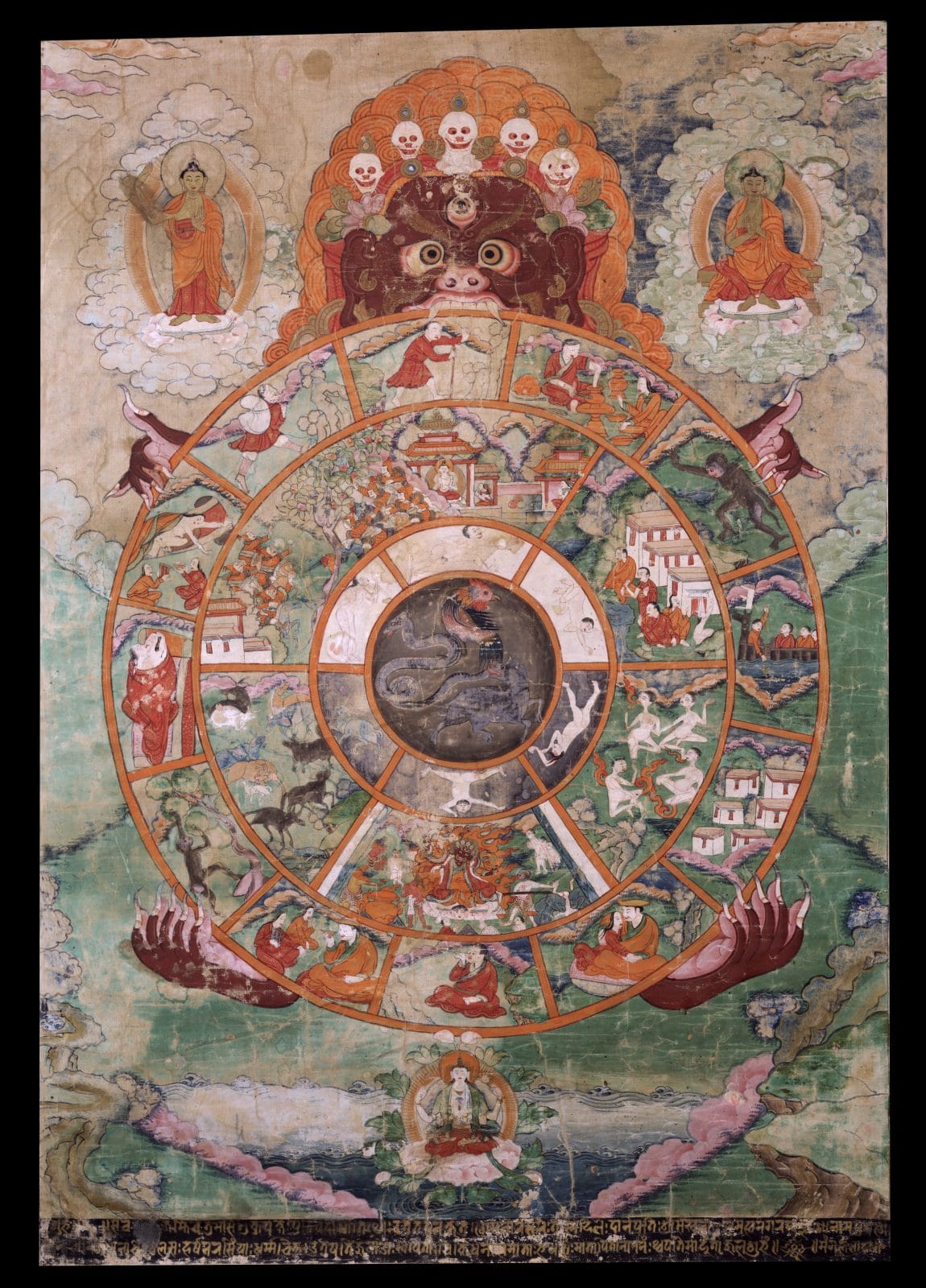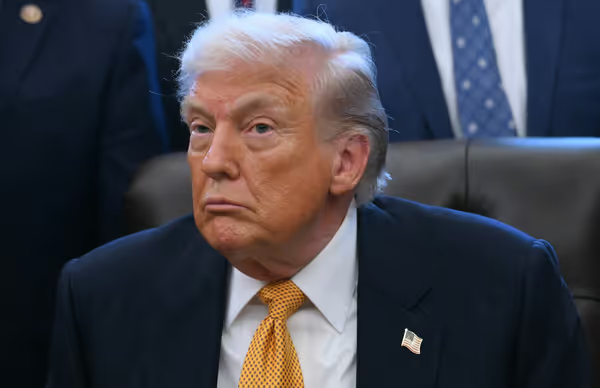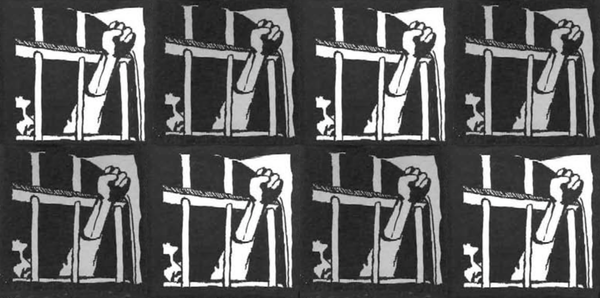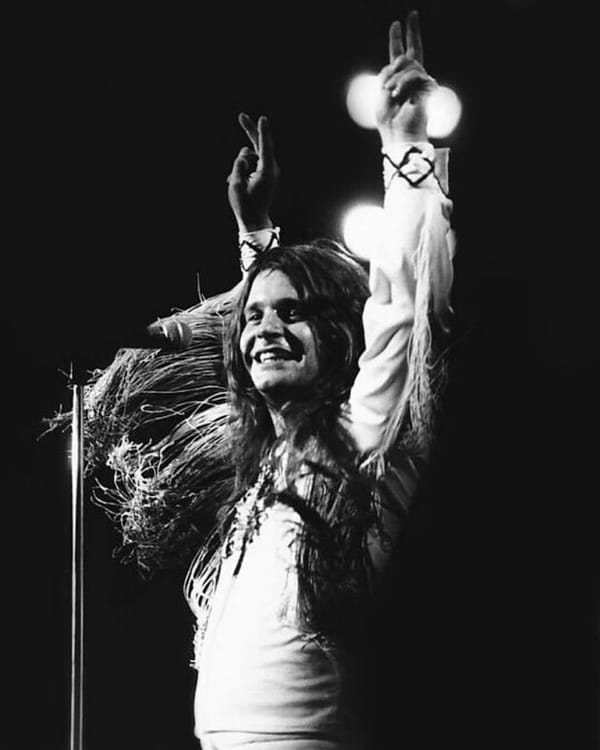The Power of Dharma

An ancient Hindu scripture says that Brahman, the supreme being, created
"the most excellent Law (dharma). Law is the Kshatra (power) of the Kshatra, therefore there is nothing higher than the Law. Thenceforth even a weak man rules a stronger with the help of the Law, as with the help of a king."[1]
A weak man can rule a strong man with the help of dharma, for there is nothing more powerful than dharma.
I am no expert on Hinduism, but as I understand it, dharma in Hindu thought is essentially righteousness, justice, law, and morality. It is the ideal order of things, the true purpose of life. To believe in dharma is to believe in God, in Brahman, for dharma connotes the ultimate measure of existence, originating from the ultimate reality.
I have had many faith crises in my life, and have often been tempted to ditch theism altogether, but what always abides in me is something like faith in dharma, a fundamental belief in truth and justice.
In one of my songs, I sing "If you're true, you cannot lose"– one of those statements that can only be a fact in song, but which nonetheless points to my theology of truth. Truth is the greatest defense against evil, which travels in lies. "Wisdom is better than weapons of war," as Qohelet said (Ecc. 9:18). For the irrefutable necessity of a fact has such weight as to compel ascent. That is not to say everyone will believe a fact, but that facts are, by necessity, believable; whereas a lie must conjure believability.
On March 8th, 2025, ICE arrested Palestinian activist Mahmoud Khalil. The facts are that Khalil committed no crime, is a lawful permanent resident of the United States, and was arrested for exercising his rights to free speech and assembly. The lie is that Khalil is a national security threat to the United States and must therefore be deported.
A Louisiana judge ordered that Khalil’s deportation could proceed. We can only hope Khalil wins on appeal. But the power of dharma is on his side. As an immigrant and a student, Khalil's power is no match for that of Donald Trump, the President of the United States, perhaps the most powerful station in the world. And surely, Trump is trying to be the most powerful man in the world. Referring to himself as a king, with executive order after executive order he is trying to make his power absolute. But as the possessor of dharma, of truth, of the law, of the moral right, Khalil is entitled to more power than Donald Trump–“as with the help of a king." Khalil is entitled to justice. He is entitled to be released from ICE detention and to remain with his family in the United States.
On April 5th, I attended the March for Palestine in Washington D.C., where thousands held up signs bearing Khalil's name, and chanted "Release Mahmoud Khalil now!" One of the speakers at the rally before the march appealed to a concept that has lost traction in the modern age but persists among activists: morality. What Israel is doing to Gaza, he said, is morally wrong. What Khalil stands for, on the other hand, is morally right.
This appeal to morality is a theological claim. To believe in morality is to believe in God. I don’t mean to say one has to believe in God in order to be moral; what I’m saying is, morality itself is a principle of divinity, a tenet of faith. It is qualitative, intangible, an ideal which transcends sense-perception. Morality cannot be pointed to or verified as fact. It has to be believed in.
Nietzsche understood the theological nature of morality, which is one reason why he was so militantly atheistic. In his The Genealogy of Morals, Nietzsche described morality as an ideology of the weak. He called it "the cleverest revenge" because by morality the weak were able to accomplish a "transvaluation of values" against the strong, deeming all men of power evil and all the wretched of the earth good.[2] The certifier of this transvaluation of values is God, who for all time is on the side of the weak.
In my book Hands of Doom, I discuss Nietzsche's critique of morality in relation to the heavy metal band Black Sabbath, whose moral pronouncements against "war pigs" earned them the descriptor "moralists."[3] Their moralism is one of the things that make the band's music and lyrics so theologically rich. They do not just say war is wrong, they say God will punish those who make war: "No more war pigs have the power / Hand of God has struck the hour."
Why is God more powerful than the war pigs? Because the war pigs are "Evil minds that plot destruction" and bring only "Death and hatred to mankind," whereas God is goodness and truth. God is dharma. As in their song "Killing Yourself to Live,"
Just take a look around you what do you see
Pain, suffering, and misery
It's not the way that the world was planned
It's a pity you don't understand
"It's not the way the world was planned." Dharma is the way the world was planned. It is the world plan, the law of all things, the truth of what ought to be. And there is no plan without a planner. This appeal to a world plan is an appeal to theism.
While Geezer Butler of Black Sabbath likely had the Christian God in mind when he wrote those lyrics, when I say theism I don’t mean it in the strictly monotheistic sense. I invoke Brahman specifically to point to a broader sense of divinity, inclusive of pantheism and polytheism. What I mean by theism is belief in an ultimate reality, a supreme being, from which/whom all things have come to be. My contention is that believing in morality involves some level of theological commitment. Dharma comes from Brahman. Morality comes from God.
I don't disagree with Nietzsche's analysis of the origin of morality, but I do disagree with his rejection of it. My sense of morality is what makes me a theologian. More than that, it's what keeps me a theologian.
Malcolm X, a theologian in his own right, said, "Truth is on the side of the oppressed." Truth is the power of the powerless, which is another way of saying God is the power of the powerless. God's power exists in truth, in moral right, in the law, and the access the oppressed have to this power is what makes them powerful.
And that is what I believe in.
Jack Holloway
Footnotes:
[1] The Brihadaranyaka Upanishad, quoted in Charles Hartshorne and William L. Reese, Philosophers Speak of God (Amherst: Humanity Books, 2000), 31.
[2] Friedrich Nietzsche, The Genealogy of Morals, trans. Horace B. Samuel (Mineola: Dover, 2003).
[3] See Jack Holloway, Hands of Doom: The Apocalyptic Imagination of Black Sabbath (Eugene: Cascade, 2022), 34-39.



